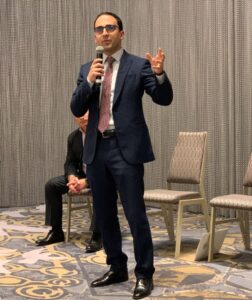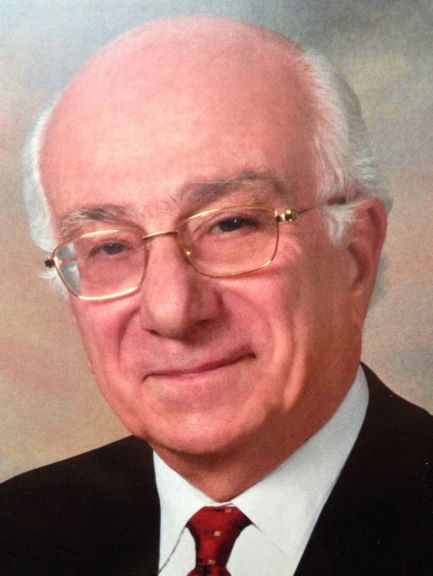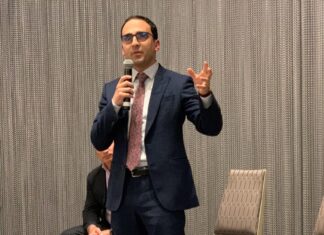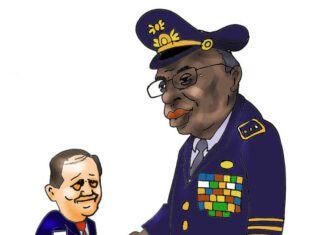By Dr. Arshavir Gundjian C.M.
On April 13, Armenia’s Prime Minister Nikol Pashinyan delivered a stunning speech for over an hour at the National Assembly in Yerevan. It was a compilation of self-criticism and criticism of previous administrations, as well as an enumeration of events related to Artsakh since the independence of Armenia in 1990. It concluded in an awkward capitulation summarized by his defeatist formulation of the status of Artsakh. In other words, on April 13, Pashinyan finally dropped the bomb that had been suspected to be in the works since the tragic end of the disastrous 44-day-war of Artsakh.
Pashinyan’s long excursion filled with emotional ups and downs basically informed Armenians around the globe that it was now time to stop dreaming and wake up: “Fellow Armenians, just accept that Artsakh is part of Azerbaidjan!” This after thirty years of demagogically shouting from the roofs the exact contrary.
Our short answer to that long speech is: Mr. Pashinyan, you are entirely wrong!
As might be expected, this speech has unleashed an uproar of strong disagreement and protest from across the entire Armenian world. First and foremost, the rejection came from the Artsakh authorities and its parliament. Similar rejections and condemnations have been pouring in from the varied but utterly shocked political circles and personalities of Armenia and the diaspora.
The present article intends to make a well documented case for such rebuttals. A quick reminder of the internationally accepted irrefutable legal basis for Artsakh’s claim to sovereignty will be followed by the harsh demand for the Armenian authorities to shake up their current half-hearted diplomatic “modesty” when presenting the Artsakh and Armenian case to the international community. Indeed, Artsakh’s case is solid, but it requires equally capable politicians to successfully prosecute that case in the court of the international public opinion. So far, the contrary has taken place. Certainly after Mr. Pashinyan’s own public admission of failure in his fundamental duty for the protection and promotion of the highest and legitimate interests of the Armenian nation, it is inevitable that he must step aside in order to let better qualified leadership pick up the duty of confronting successfully that crucial challenge.









